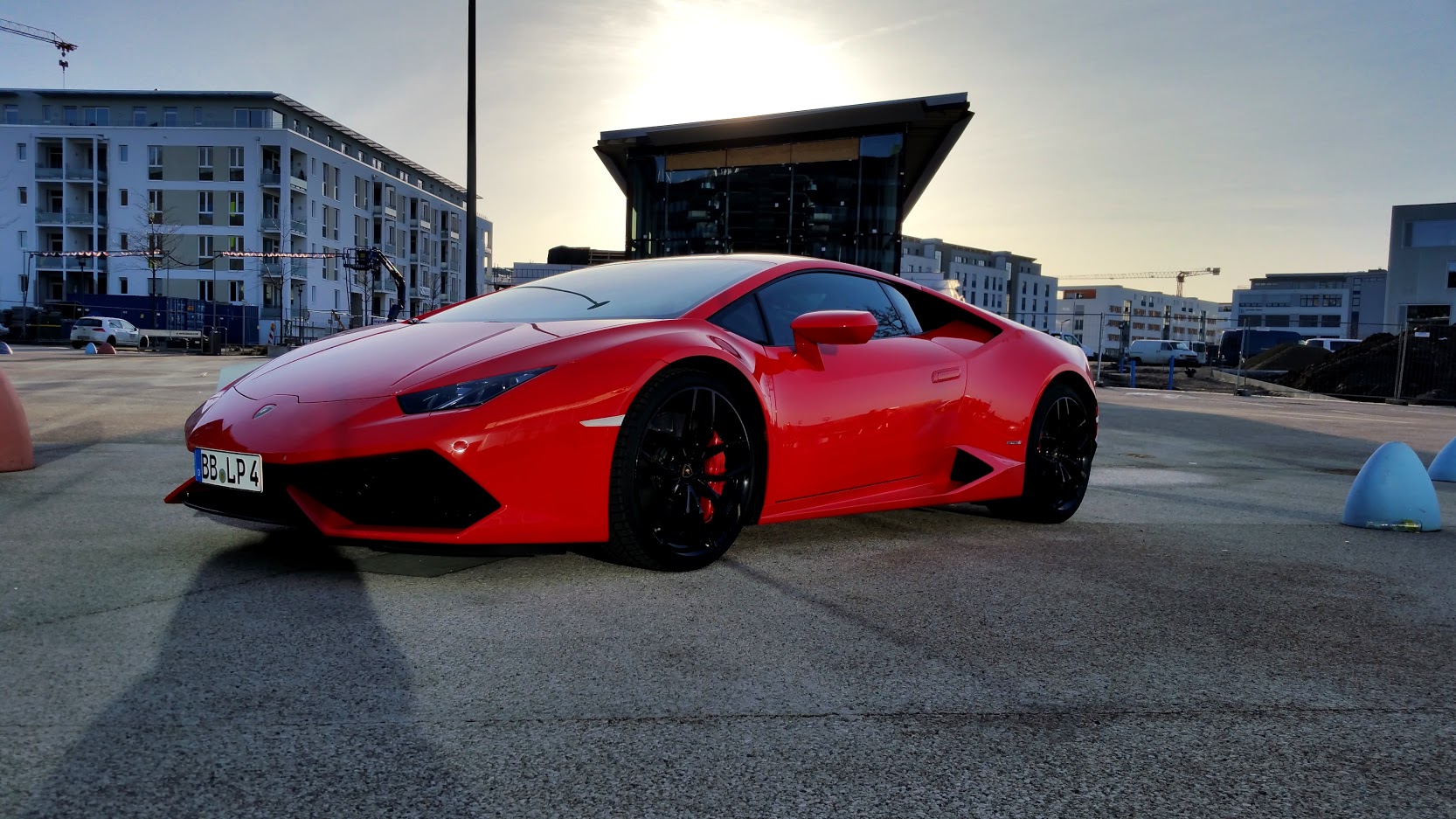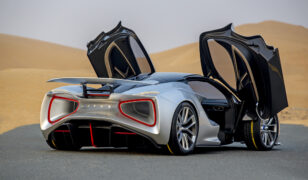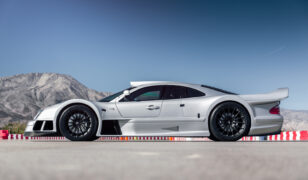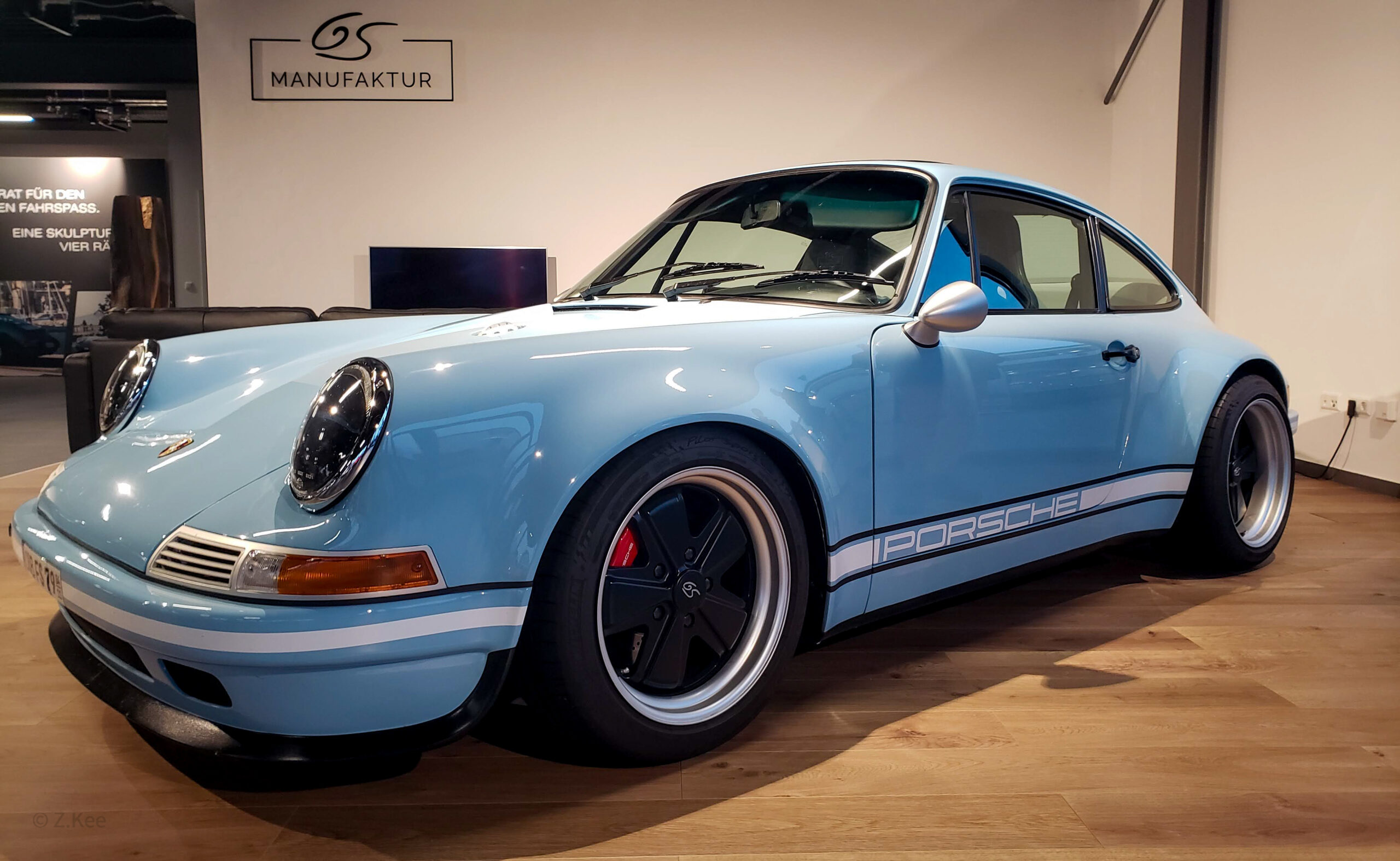Germany. A place revered by many as the Mecca of the automobile industry. With her unlimited speeds, Porches on every corner, and beautiful windy roads, Germany has plenty for every car enthusiast. However, after moving from Florida to just outside the Black Forest in Germany, I quickly realized that the car culture is not ingrained into the majority of the population. Of course, some stray from the norm and perform their own maintenance, but for the most part, everyone takes their vehicle to the dealership for every minor topic. From changing the summer tires to winter tires to changing oil, or hell, even changing windshield wipers, Germans typically pay someone else to perform the service.
So Many People, too Few Garages
Now, some factors that must be considered before completely scoffing at this way of life. Germany is roughly half Texas’s size in terms of landmass, but the population is almost 2.5 times larger. According to the 2019 UN data, Germany was sitting at 83.02 million, whereas Texas only had 29 million citizens. While we have so many open fields and beautiful forests, we have many people living on top of each other. Many houses have been converted into apartments, where each family occupies a floor of a home. This has led to many families sharing a garage, each family having a tiny garage, or many having no garage at all. As we all know, having no garage or carport makes it difficult to perform routine maintenance tasks, let alone in-depth maintenance.
The Impact of Laws and Regulations
As someone who moved from Florida, where “Florida Man…” is the daily headline and you could modify almost any part of your car, the laws here came as a bit of a shock.
Here is a list of a few of the illegal things:
- Any disturbing noise on a Sunday (including drilling inside your home or working on your car)
- Running out of fuel on the autobahn
- Turning right on red
- Towing without a special license
- Washing your car or even using a pressure washer without an oil separation system installed for the spot it is used
- Driving before the age of 18
- Passing on the right
*Some items are based upon locality and not on Germany as a whole
On top of this, some laws that must be followed:
- Full car inspections, called TÜV, are mandatory (every one to two years, depending)
- Drinking and driving is more serious here (only 0.05 BAC), as Polizei can forcefully do a blood test on you on the side of the road
- You can drink as a passenger in the car (and I’ve heard that the seatbelts are great bottle openers)
- Motor vehicle tax based on engine size and carbon dioxide emissions
*Some items are based upon locality and not on Germany as a whole
TÜV, a Love-Hate Relationship
Being apart of the car scene in Florida was great and you could modify your vehicle in almost any way imaginable without being harassed by the fuzz. Here, things work a bit differently. I am in the middle of rebuilding a 1998 MX5 NB from the bottom up and would like to make some tasteful modifications, but this has turned into a headache. Almost everything requires TÜV (Technischer Überwachungsverein, translated to Technical Inspection Association) to be a legal modification. This includes a different air intake, different wheel/tire sizes, roll bars, any changes to aerodynamics (spoiler, wing, diffuser), and the exhaust.
To top it off, each of these inspections can cost between 100€-200€, and depending on the engineer on site, the modification can be approved or denied. If the modification is already TÜV certified, it can be approved much easier, but the vehicle must still pass inspection and therefore, another 100€-200€.
I know some readers will ask why I do not just modify the MX and say “screw TÜV”, but there is a good reason why I rather not risk it. Unlike many other places I have lived, the police (Polizei) here can pull you over for any modifications to the car that do not look stock and check your paperwork to ensure that it is all approved and insured. If the modifications are not approved, it can result in some pretty heavy fines or even an impound.
While it is a massive headache, it is nice that the sides of the autobahn are clean and free of tire shreddings, various car parts, and abandoned cars, looking at you America…
The Sweet, Sweet Autobahn
First off, the autobahn is not entirely unlimited, like many people believe. According to the Federal Highway Research Institute, around 70 percent of the autobahn across Germany is unrestricted. However, there is a recommended speed, which is 130kph, and if you are involved in an accident and were traveling faster than that, it may be your fault, and insurance may not cover the accident (yes, insurance is much different here as well). Further, there are so many construction zones on the autobahn that you are guaranteed to be at a dead stop within an unrestricted zone. However, we must be doing something right. Compared to the U.S., we have 3.23 deaths per 100.000, whereas the U.S. has 10.92. While it is incredible to travel double the speed limit of some countries, some do not think twice about pulling out in front of you in their 74hp Renault Clio. Of course, there are those, such as the Green Party, who have stated that they will put an end to the unrestricted zones if they are elected.
As we have one of the only unrestricted highways, Isle of Man aside, it is a fantastic thing to watch Lamborghinis, Aston Martins, and McLarens come across the border of Switzerland or the Netherlands and go flat out.
Luxury, Sport, Exotic
I have traveled all around the U.S. and Europe, visiting some of the coolest automotive museums, but to me, Germany leads by example. The pedigree of German engineering in both the cars and the museum’s architecture is something to behold. While I hold a special place in my heart for Porsche, the Mercedes-Benz Museum in Stuttgart was one of the most stunning museums that I have visited in the entire world. The way they have designed the building and the exhibits were beautifully done. Every car manufacturer here has something to offer in museums and experiences, such as the Porsche Experience, where you can rent a 911 or GT4 and fly around various tracks, like the Hockenheimring. Further, some exotic car dealerships, such as Motorworld in Böblingen, welcome you to walk around and take photos of their Lamborghinis, McLarens, Bentleys, etc.
While the average consumer may not work on their vehicle, Germany does not lack in the sheer volume of luxury, sport, or exotic cars that you can see daily. However, the question remains, is Germany THE automotive paradise?





